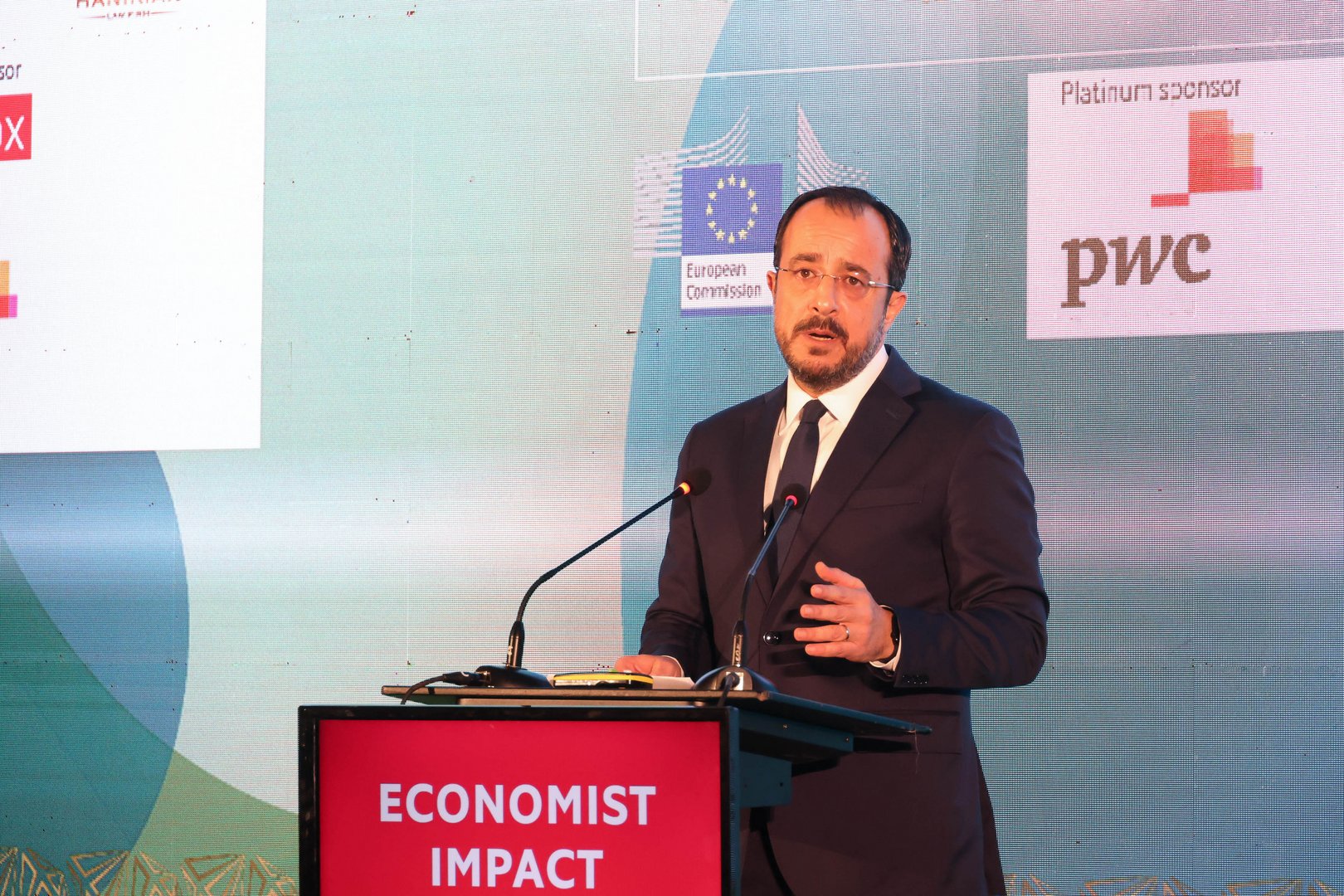After a rather low-key, three-day debate that received minimal media coverage and barely registered among the public, the state budget for 2024 was approved by a comfortable majority on Wednesday. With the biggest opposition party Disy having no major reservations or objections about the main provisions, approval was a formality, only Akel, the Greens and two independents voting against.
It was plain sailing for the government’s first budget, its rejection by Akel in a way acting as confirmation that it was along the right lines and not any different in philosophy and objectives than that of the previous administration. The growth of the public sector payroll is of concern, but that was not the reason Akel and Greens voted it down. Akel criticised its failure to deal with high prices, the housing crisis and the increase in interest rates, as if inflation could be tackled by more state spending.
The general consensus on the budget is indicative of how President Christodoulides wants to govern – having Disy on board for the big issues as this would suggest that, despite being in opposition, the party has no major differences with the government on policy. There may have been some minor disputes in the last few months, but these were on issues of minor significance and of little interest to the public. This could be attributed to Disy acting responsibly in opposition and eschewing Akel’s tactic of using inflation, about which nothing can be done in the short term, to attack the government.
For the president, this is the best situation short of Disy joining the government alliance. There are no political rows or confrontation, which the president has no aptitude for, giving him the freedom to focus on external matters and to promote his idea that Cyprus has role to play in international affairs. In his first 10 months in office he has probably spent more time abroad than on the island, the recent availability of a private jet allowing him to make an appearance at most international meetings.
Paradoxically, the toughest criticism the president has faced was not from the opposition parties but from the auditor-general, who has censured the way presidential advisors were hired, exposed bad government decisions and even accused Christodoulides of claiming allowances he was not entitled to when he was still a civil servant. The media has occasionally turned on him but rather than answering the president sets up committees to investigate or to monitor a situation, a deflection tactic that invariably eases the pressure on him.
Christodoulides has succeeded in taking all passion and conflict out of politics, turning it into something like a school playground in which everyone plays happily with each other, and quarreling is not permitted. He has introduced the politics of blandness, which may suit him, but this is eliminating public debate and promoting a culture of political apathy, which cannot benefit our democracy. What makes the situation worse is that too many party politicians are happy to play along, avoiding taking a strong stand on issues or doggedly pursuing an argument in order to make a point.
Nothing happening on the Cyprus issue has also contributed to the political malaise, as the problem in the past has inspired lively – sometimes nasty – political debate. The extended deadlock has allowed Christodoulides to campaign for the resumption of the talks, safe in the knowledge that there is little hope of this happening because the Turkish side will not budge from its position on separate sovereignty and two states. He has been making all the right noises, calling for the appointment of a UN envoy and professing his readiness to return to negotiations.
So long as there are no talks, the responsibility for which could be laid squarely on the Turkish side, nobody on the Greek Cypriot side can criticise the president – neither the arch-rejectionists in his alliance nor the pro-settlement parties of the opposition. Things could change next year when the UN secretary-general’s envoy arrives here with a brief to bring the two sides to the negotiating table. Hopefully, this will trigger some old-fashioned political bickering and force the president to finally get off the fence, as it would be impossible for him to keep everyone happy when difficult decisions have to be made.
Anything that would spark some real political debate and stimulate interest in politics again is welcome, because the growing apathy is a threat to our democracy. It allows the government to act arbitrarily and without accountability because people have been made not to care. This situation suits the president and his backers, but it should not be tolerated by the big opposition parties. It is their job to put the government on the defensive, by initiating debate, questioning its decisions, demanding explanations for its actions and rowing with it. Anything that causes a stir and engages the public is good for politics.
This is the role of the opposition in a democratic state. It cannot allow the government a free rein and dance to its tune of political apathy and blandness because this would be the end of democracy.







Click here to change your cookie preferences